
Laser Digital, the digital asset subsidiary of Japan’s investment bank Nomura, has become the first company licensed under Dubai’s Virtual Asset Regulatory Authority (VARA) pilot framework to offer regulated over-the-counter (OTC) crypto options.
The “limited license” will allow Laser Digital to offer OTC crypto options to institutional clients under strict oversight, the company said Wednesday.
OTC desks allow institutions to trade large volumes of digital assets directly with counterparties, minimizing slippage and enabling more flexible pricing. These desks are typically used by hedge funds, asset managers, trading firms and other high-volume and institutional clients.
The move positions Laser Digital to capitalize on Dubai’s demand for regulated crypto derivatives. The company plans to offer tools for hedging, yield generation and volatility management while regulators assess market readiness and risk controls before broader expansion.
Related: How to use cryptocurrency to buy a home in Dubai (legally and safely)
Global regulation of OTC crypto options is still in the early stages
A small but growing number of jurisdictions are beginning to regulate OTC crypto options desks, with Dubai and the United Kingdom leading the way.
In December 2023, the investment arm of UK-based pension giant M&G invested $20 million in GFO-X, the country’s first regulated Bitcoin derivatives exchange.
The funding was part of a $30 million Series B round aimed at launching a Financial Conduct Authority (FCA)-regulated, centrally cleared platform for Bitcoin index futures and options.
Across the EU, crypto derivatives fall under broader financial regulations like MiFID II and EMIR, which impose reporting and clearing requirements. However, most member states have yet to introduce crypto-specific OTC licensing.
In the United States, the CFTC permits some institutional trading of crypto derivatives under existing laws, but there is no dedicated licensing framework for OTC crypto options desks.
Dubai, by contrast, rolled out its comprehensive crypto regulatory framework in early 2023, with rulebooks covering exchanges, custodians, broker-dealers, and token issuers under VARA.
Related: Why crypto millionaires are moving to the UAE (these 5 reasons explain everything)
UAE expands derivatives ambitions with push into digital assets
The United Arab Emirate’s derivatives market remains small compared to the US, but recent developments point to steady growth and diversification. The market was valued about $167 million in 2024, with a projected annual growth rate of 3.7% through 2031.
Traditional platforms like the Dubai Gold & Commodities Exchange (DGCX) and OTC providers such as ADSS have long served the region’s commodities and FX markets. But the UAE is now broadening its scope to include digital assets and institutional financial products.
While the US still dominates global derivatives through exchanges like CME and CBOE, the UAE is carving out a niche by offering clear regulation for emerging asset classes like crypto.
Asia Express: ‘China’s MicroStrategy’ Meitu sells all its Bitcoin and Ethereum




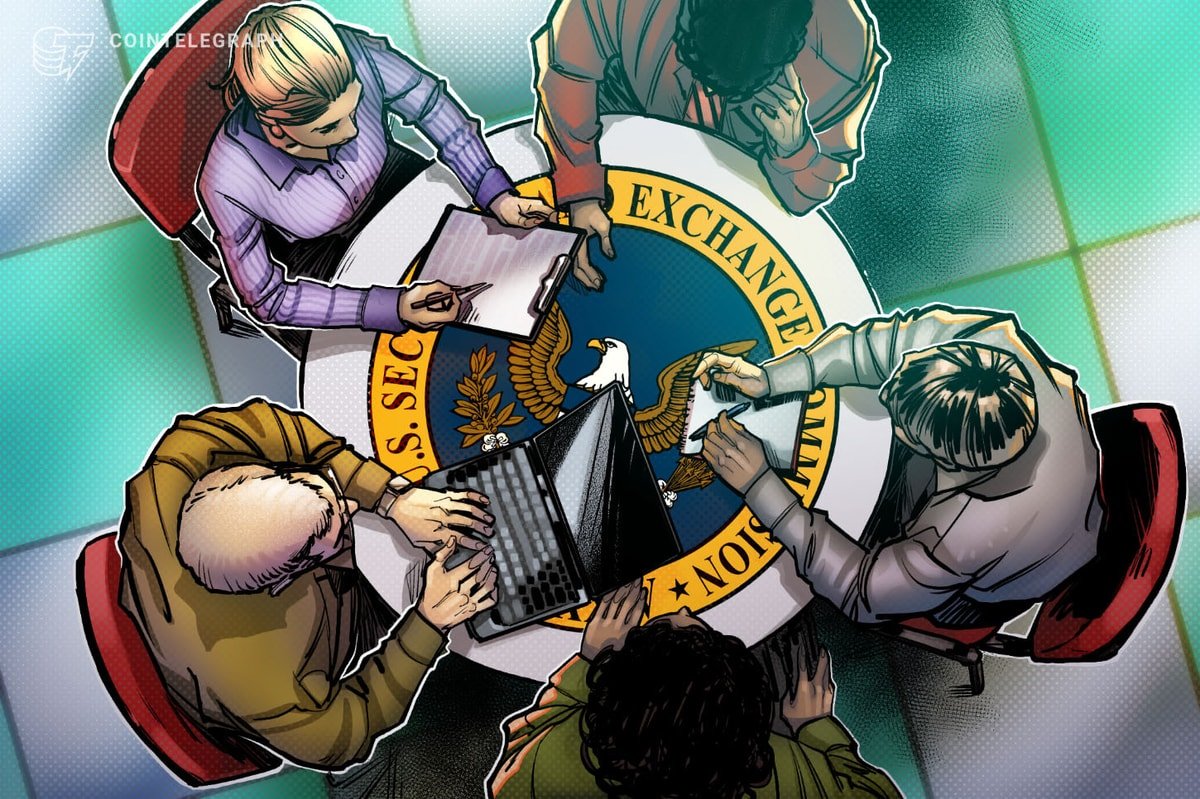
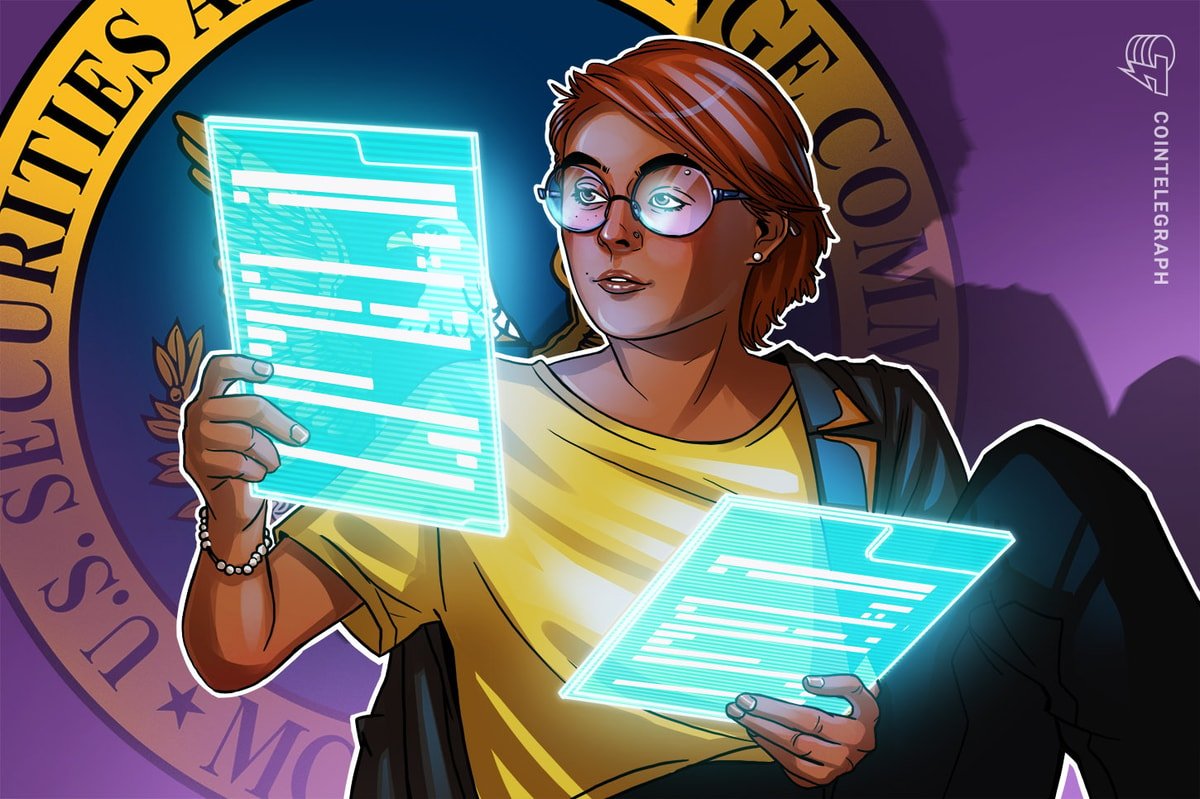
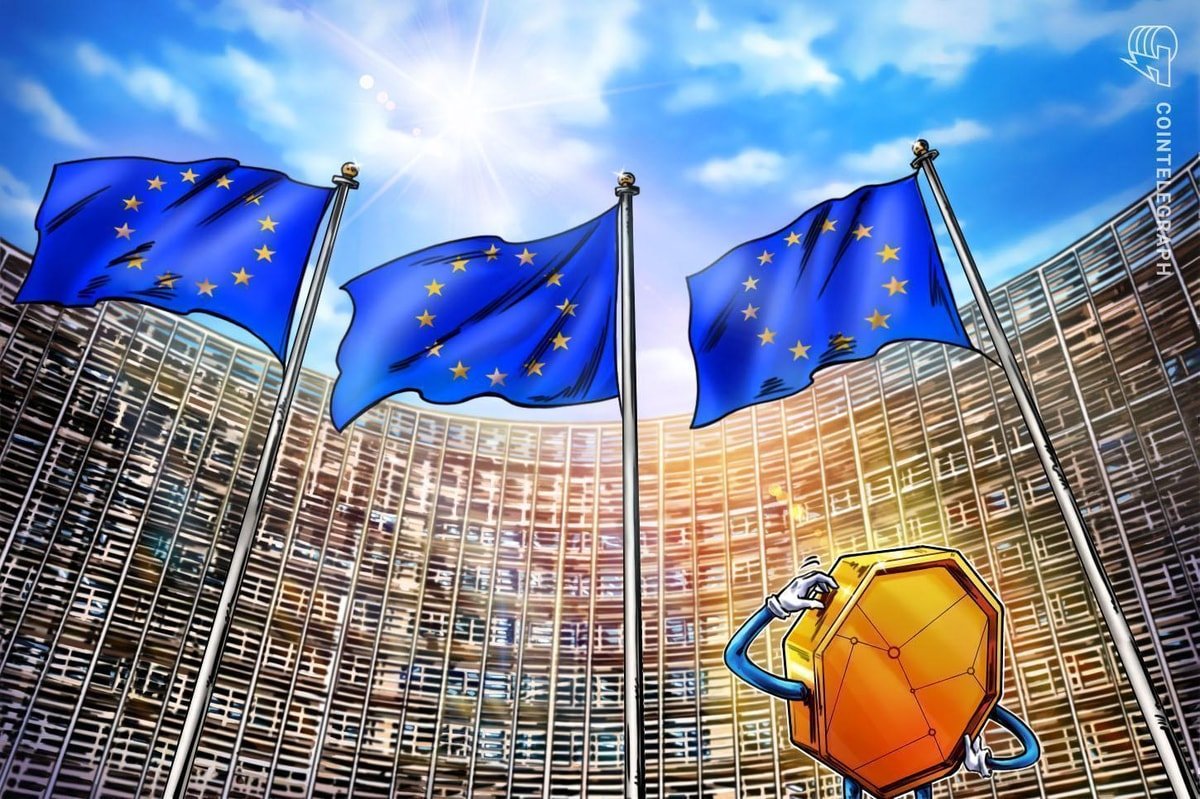
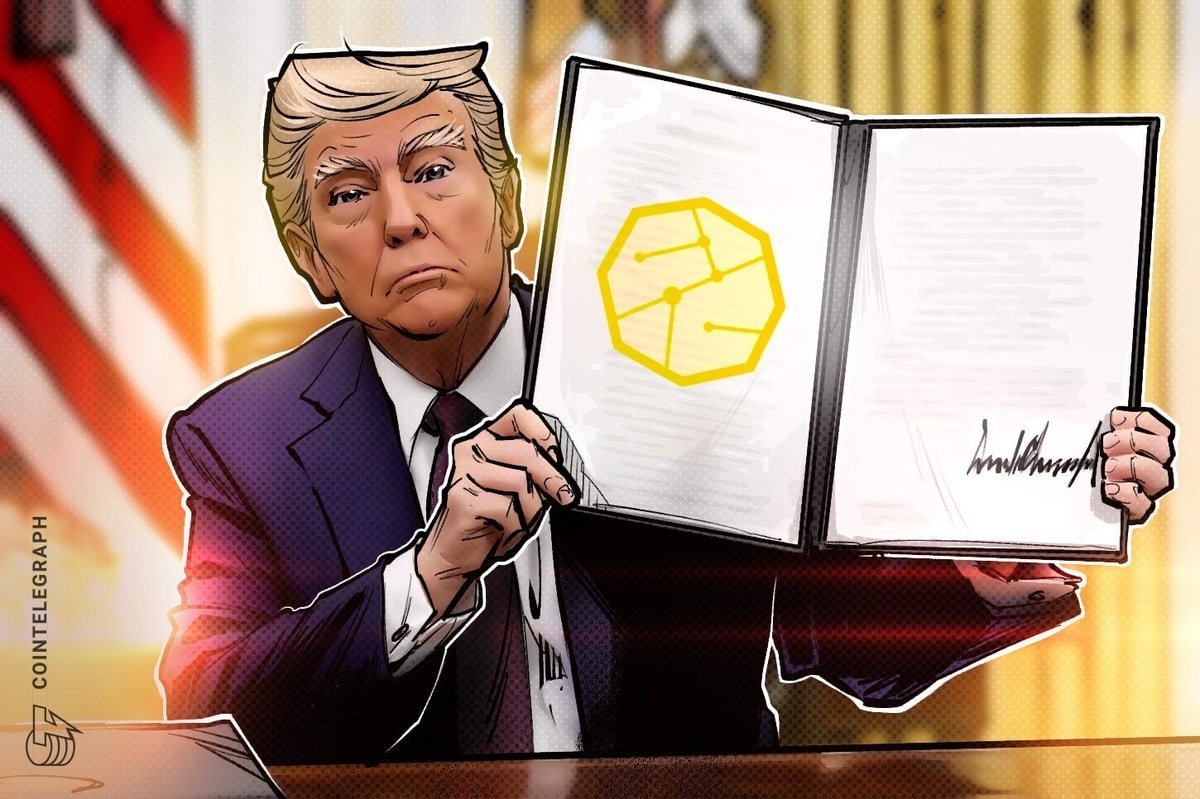
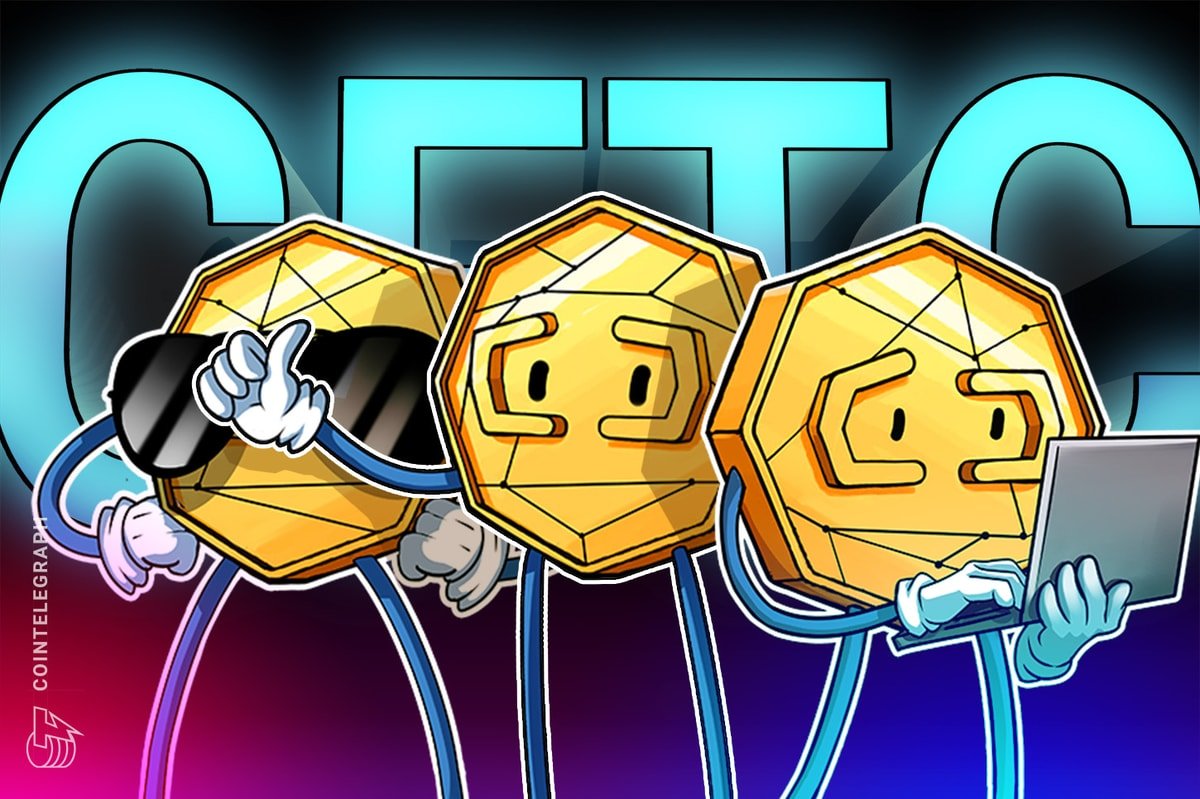
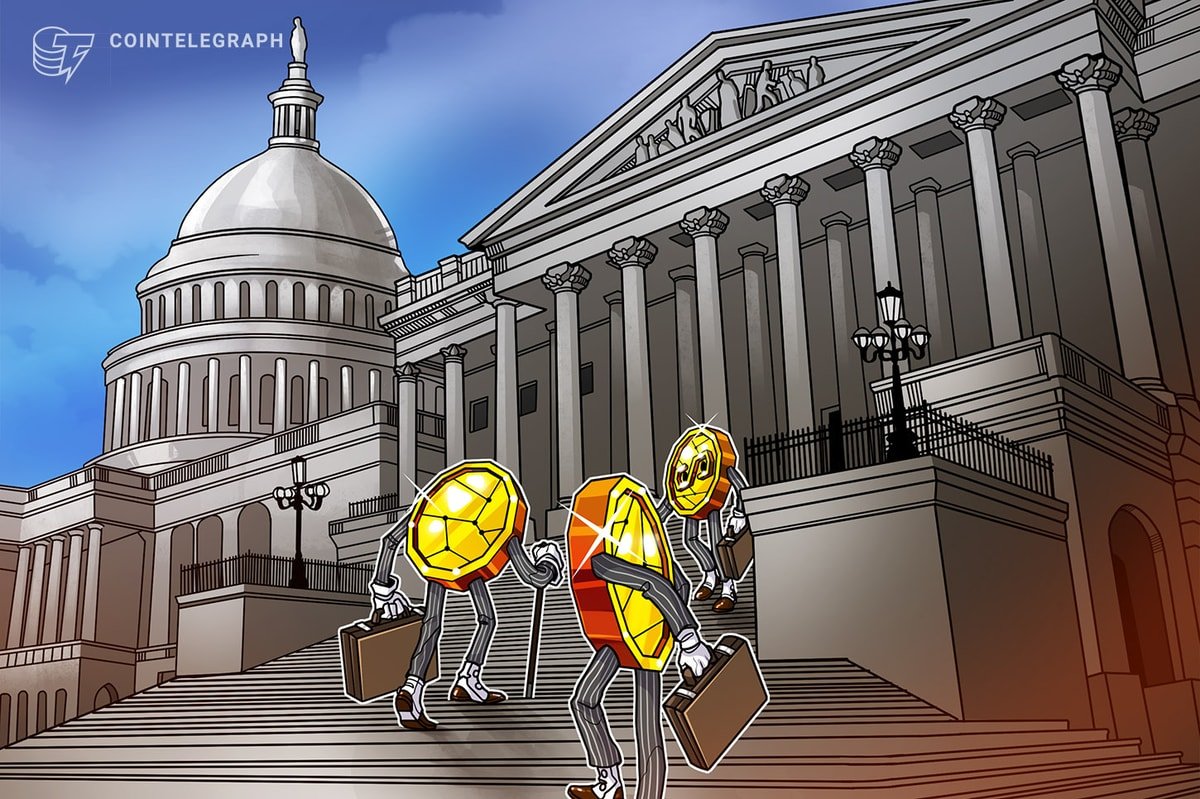



Leave a Reply